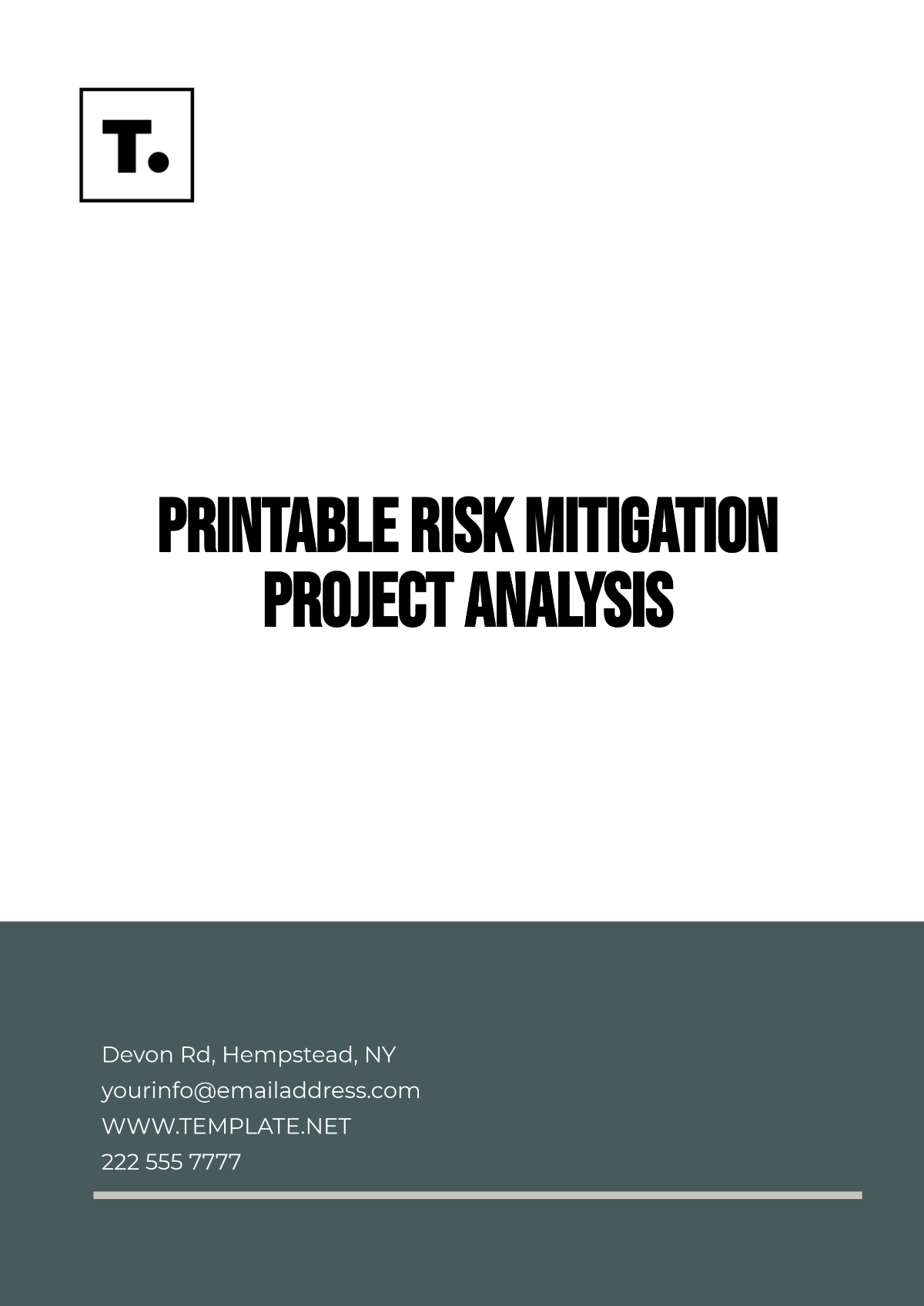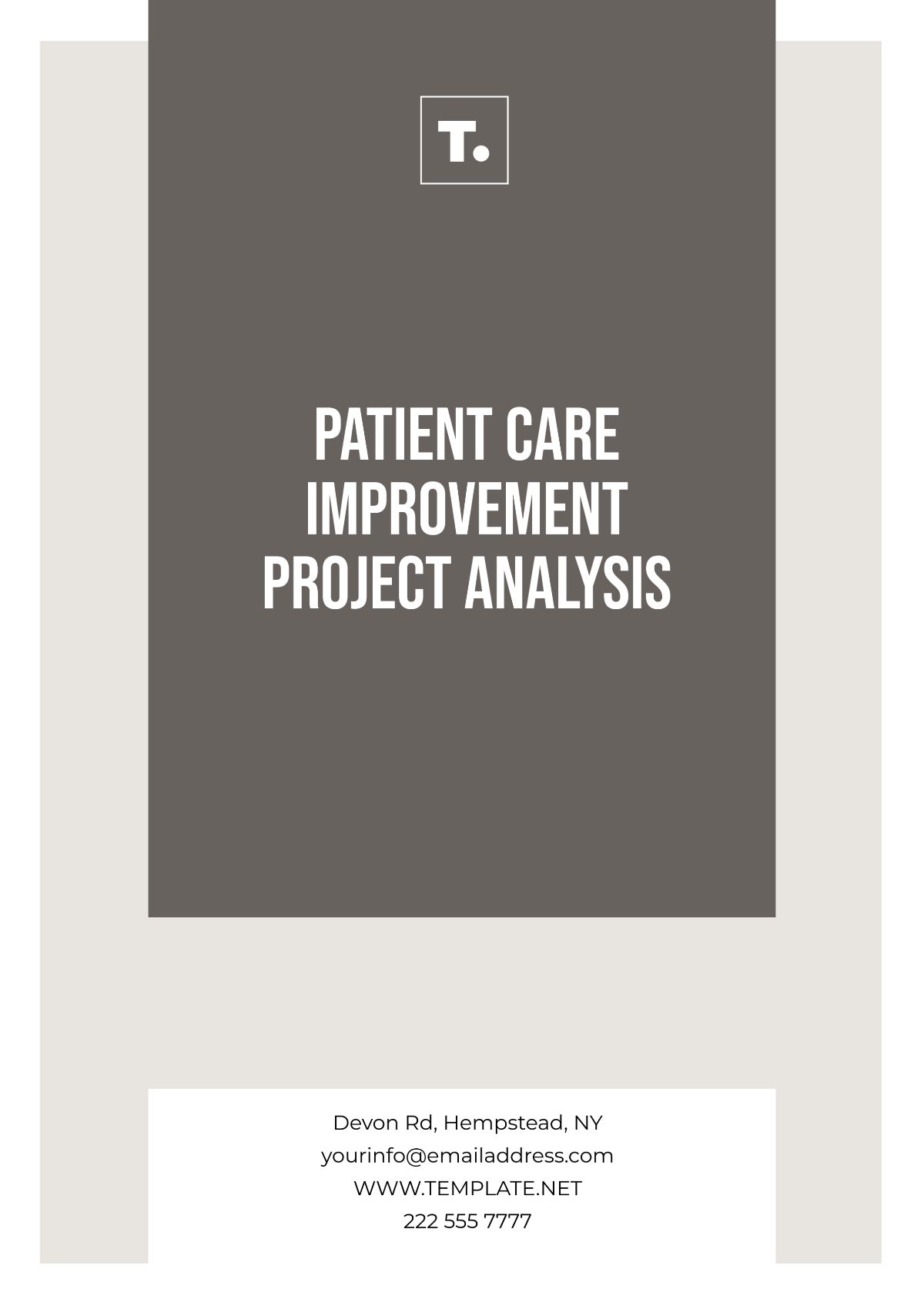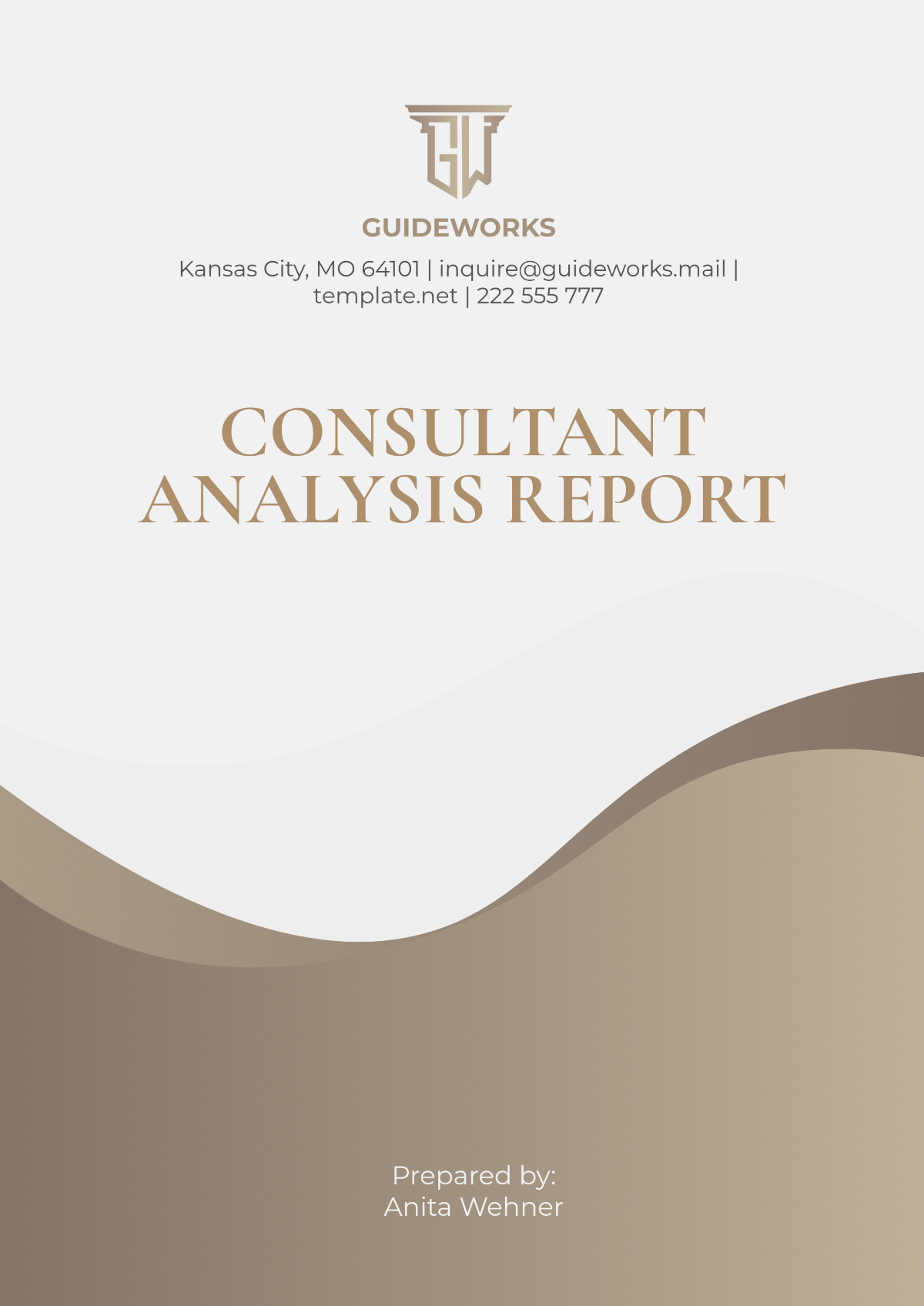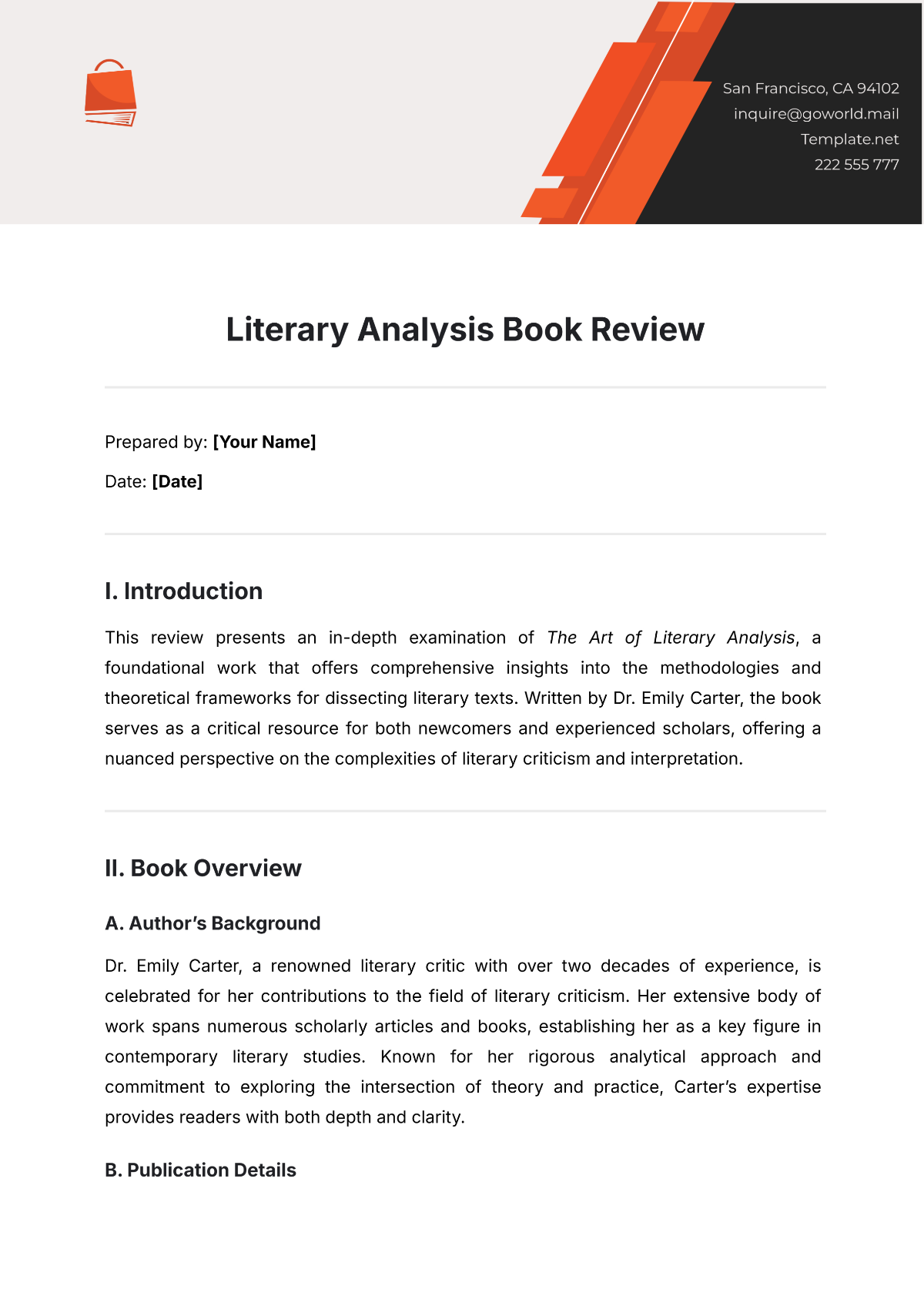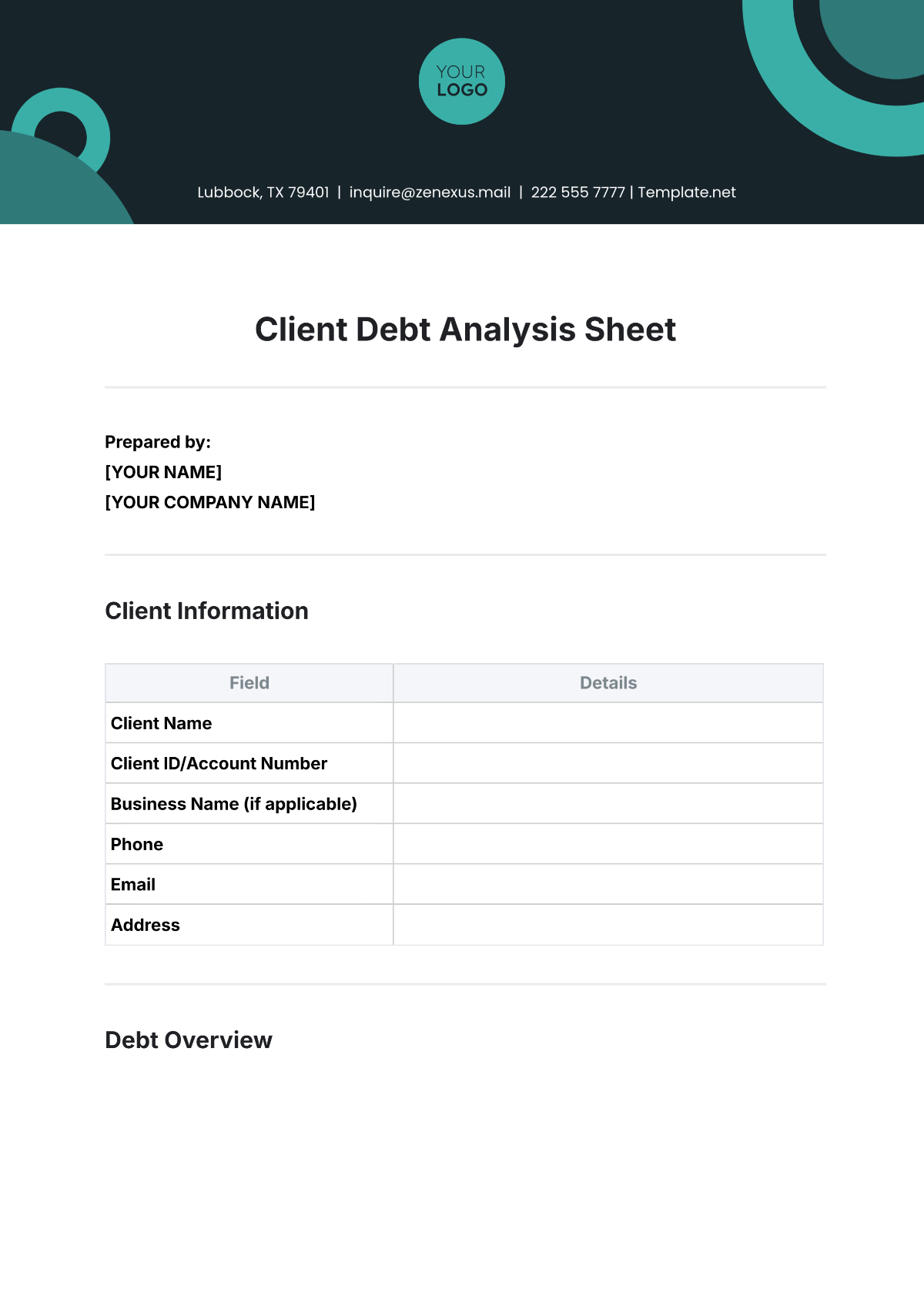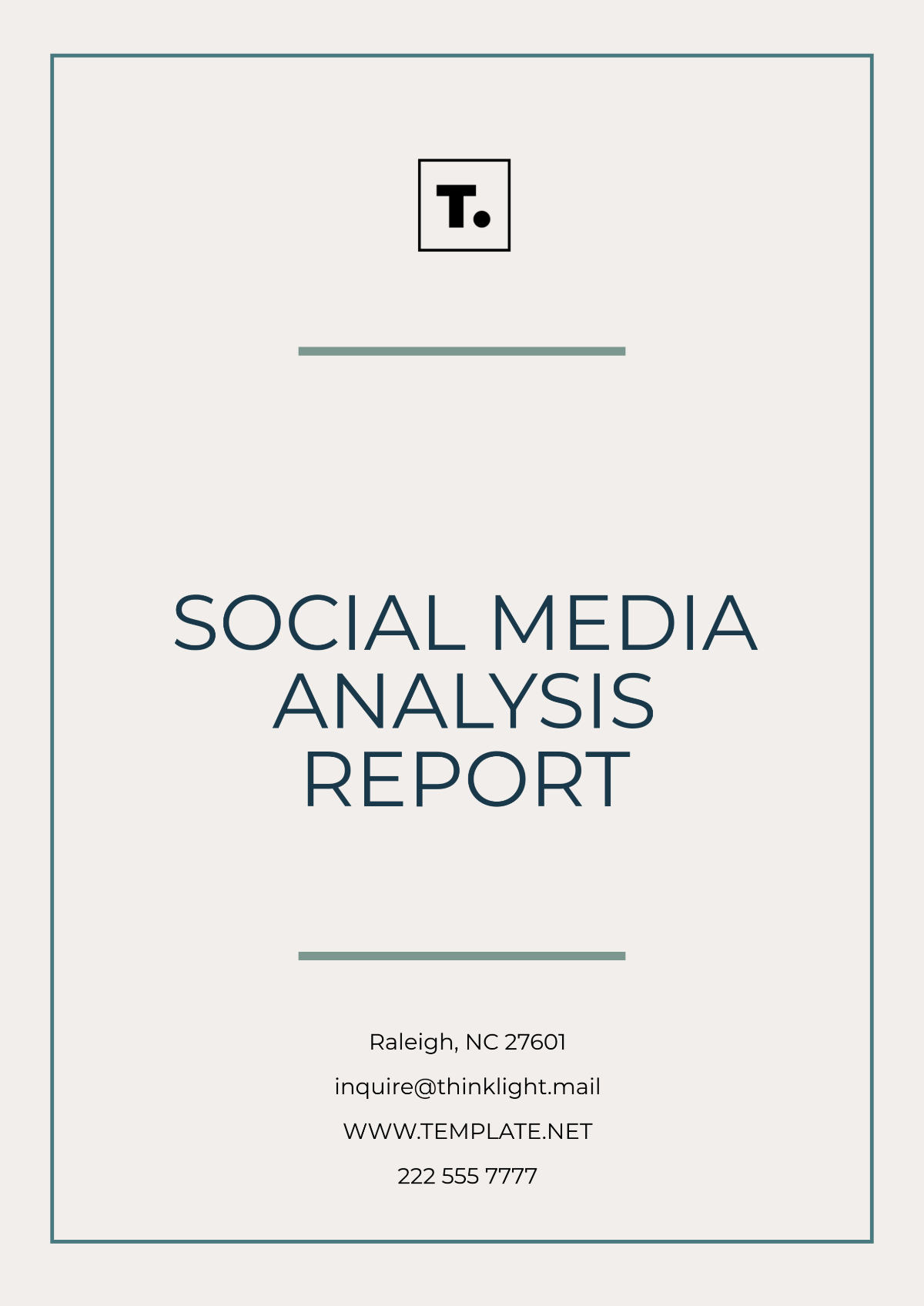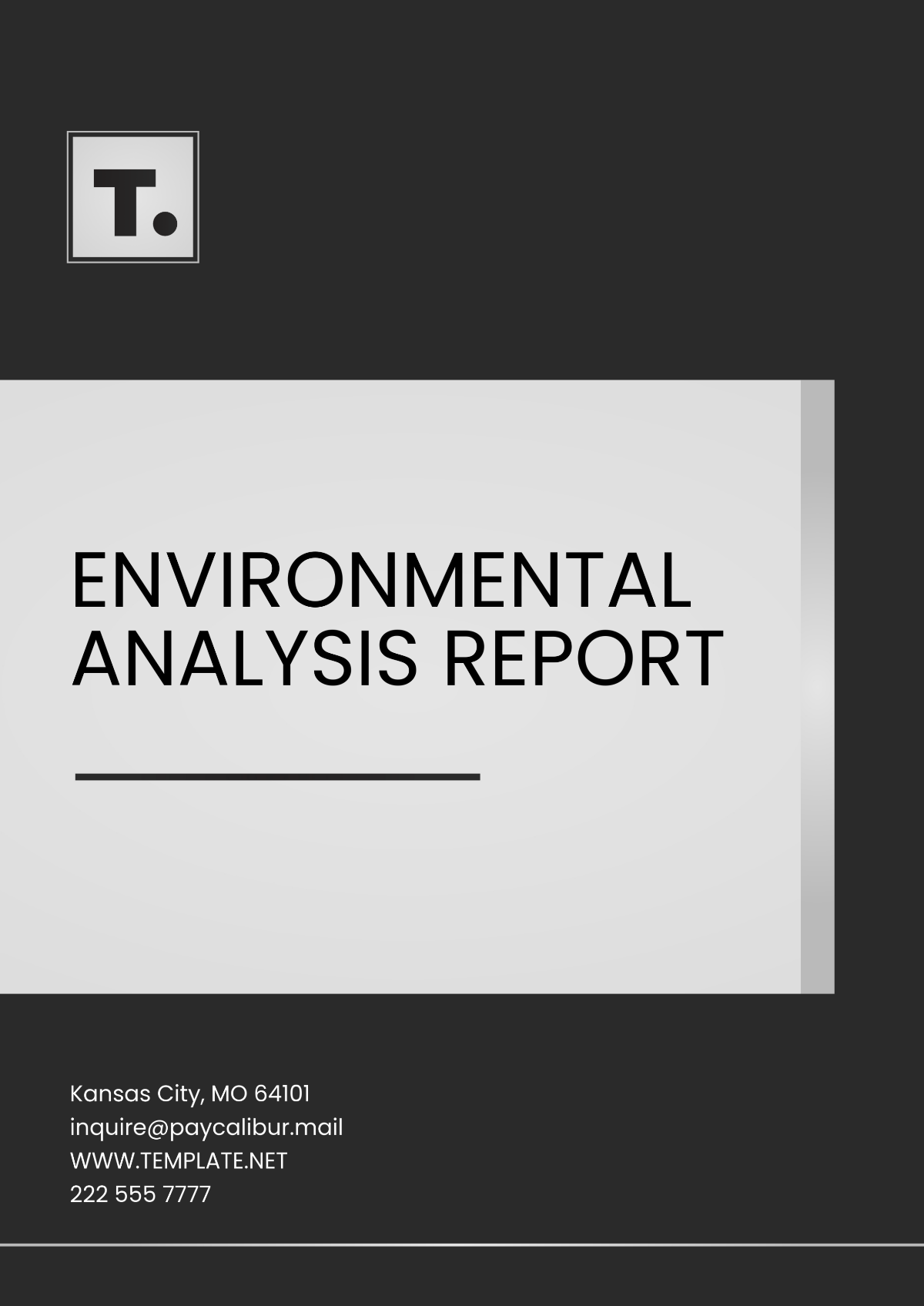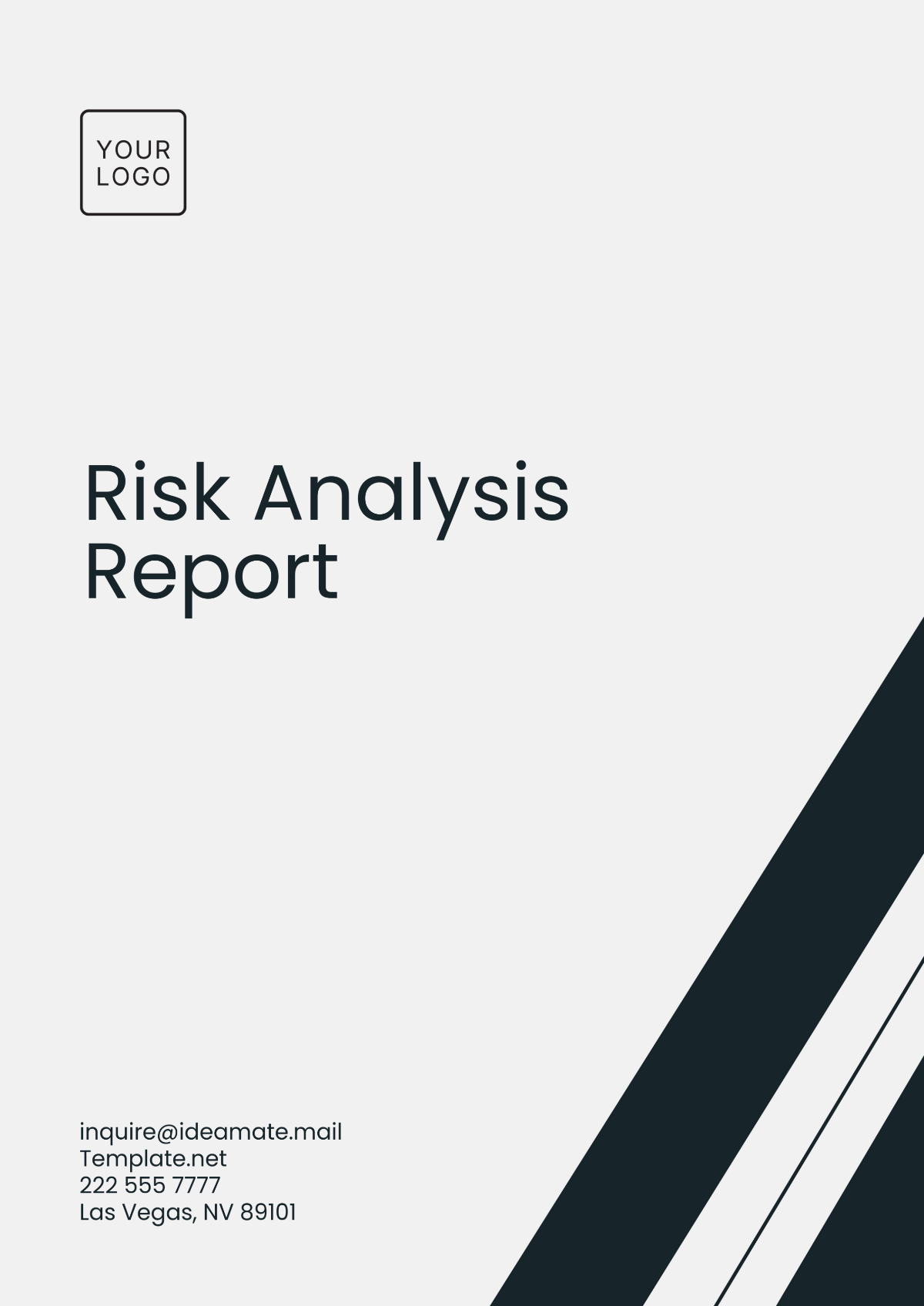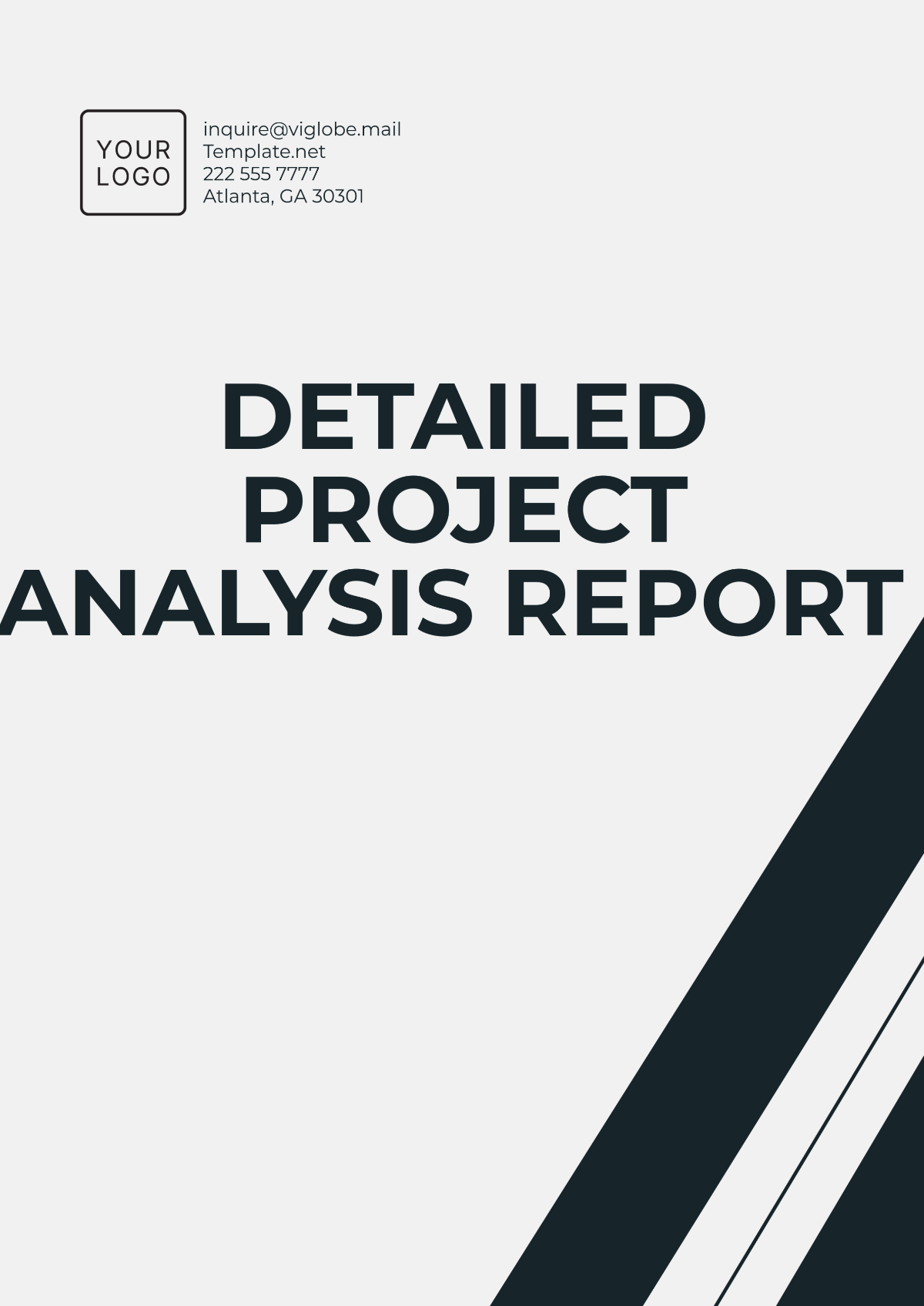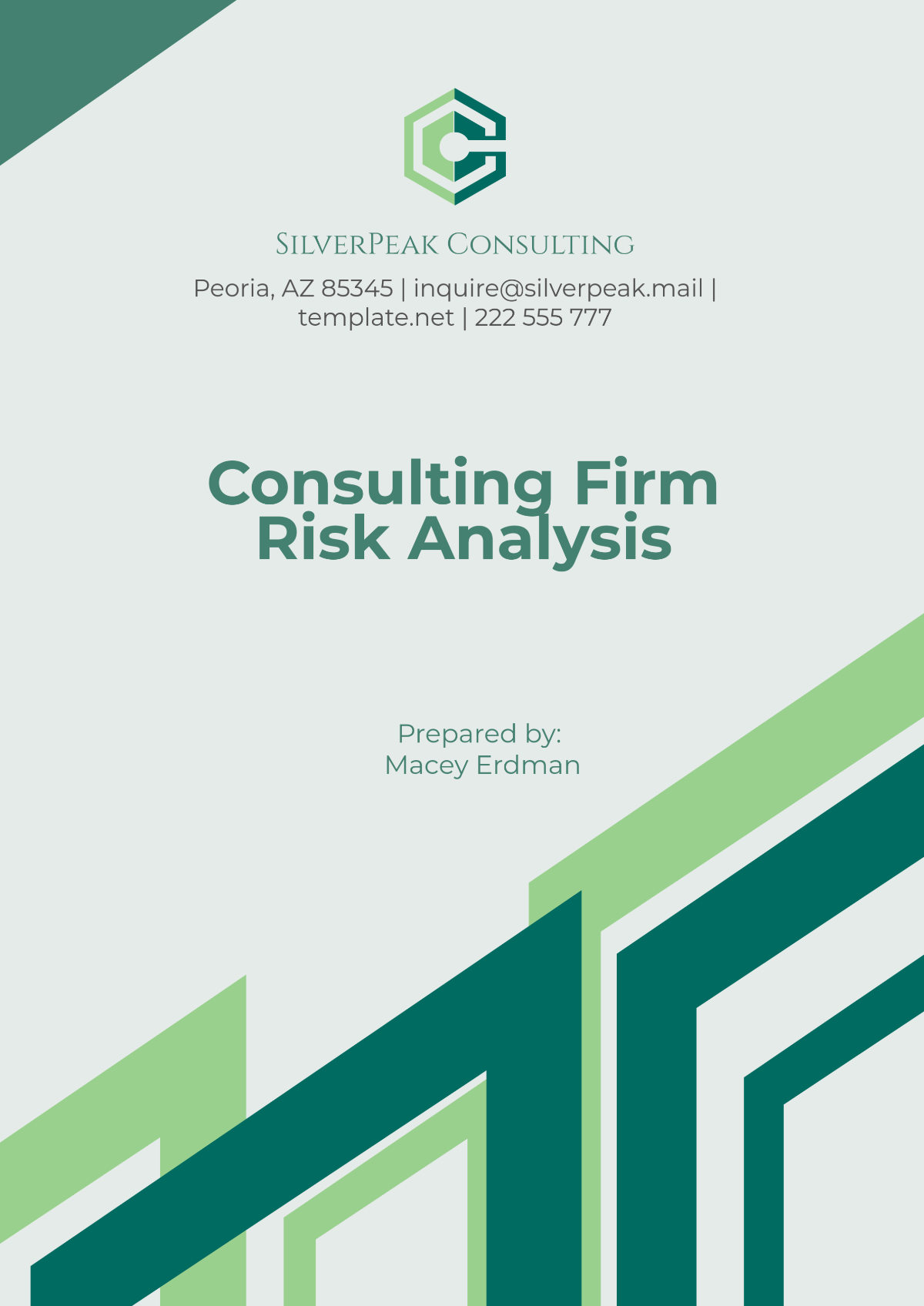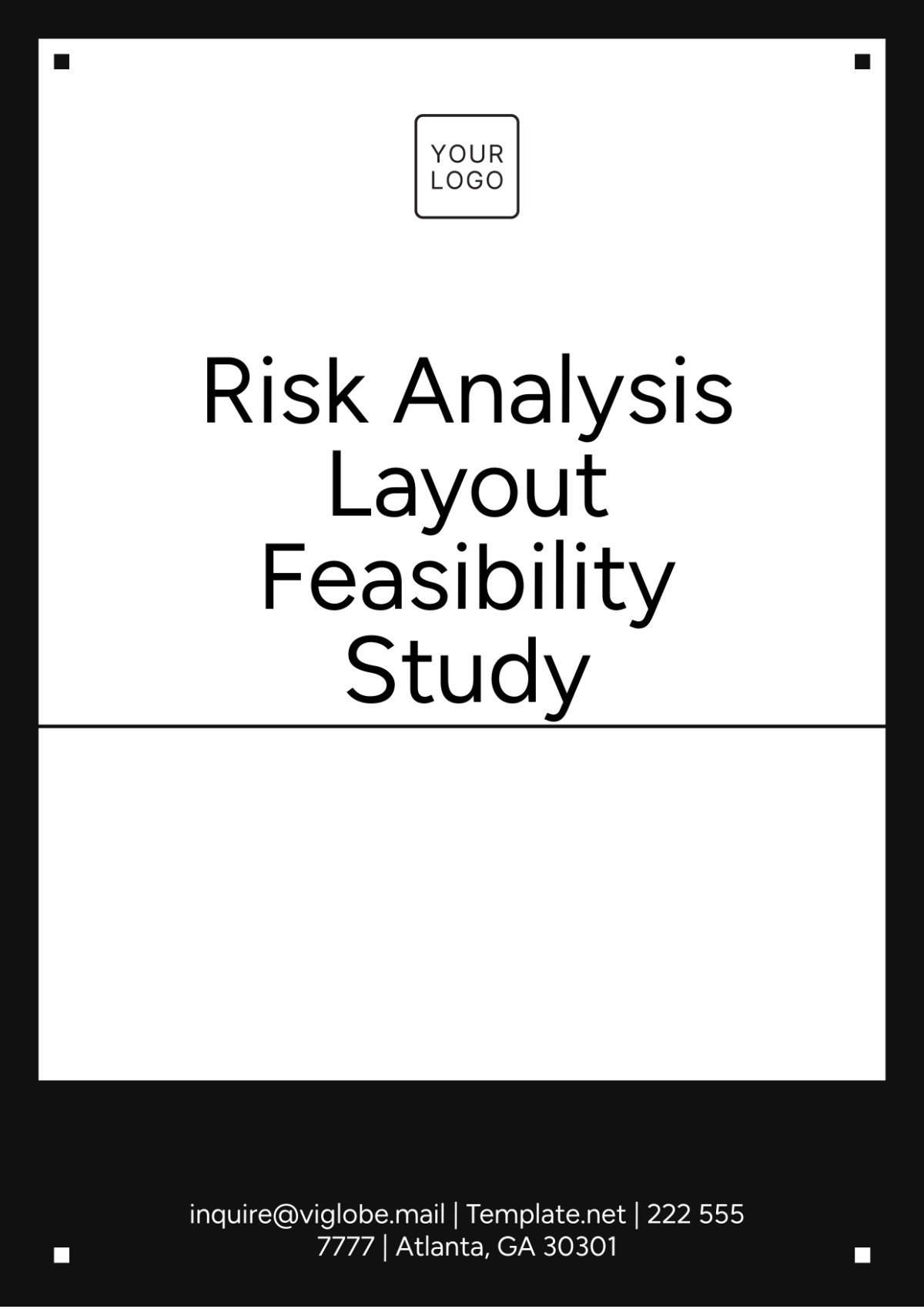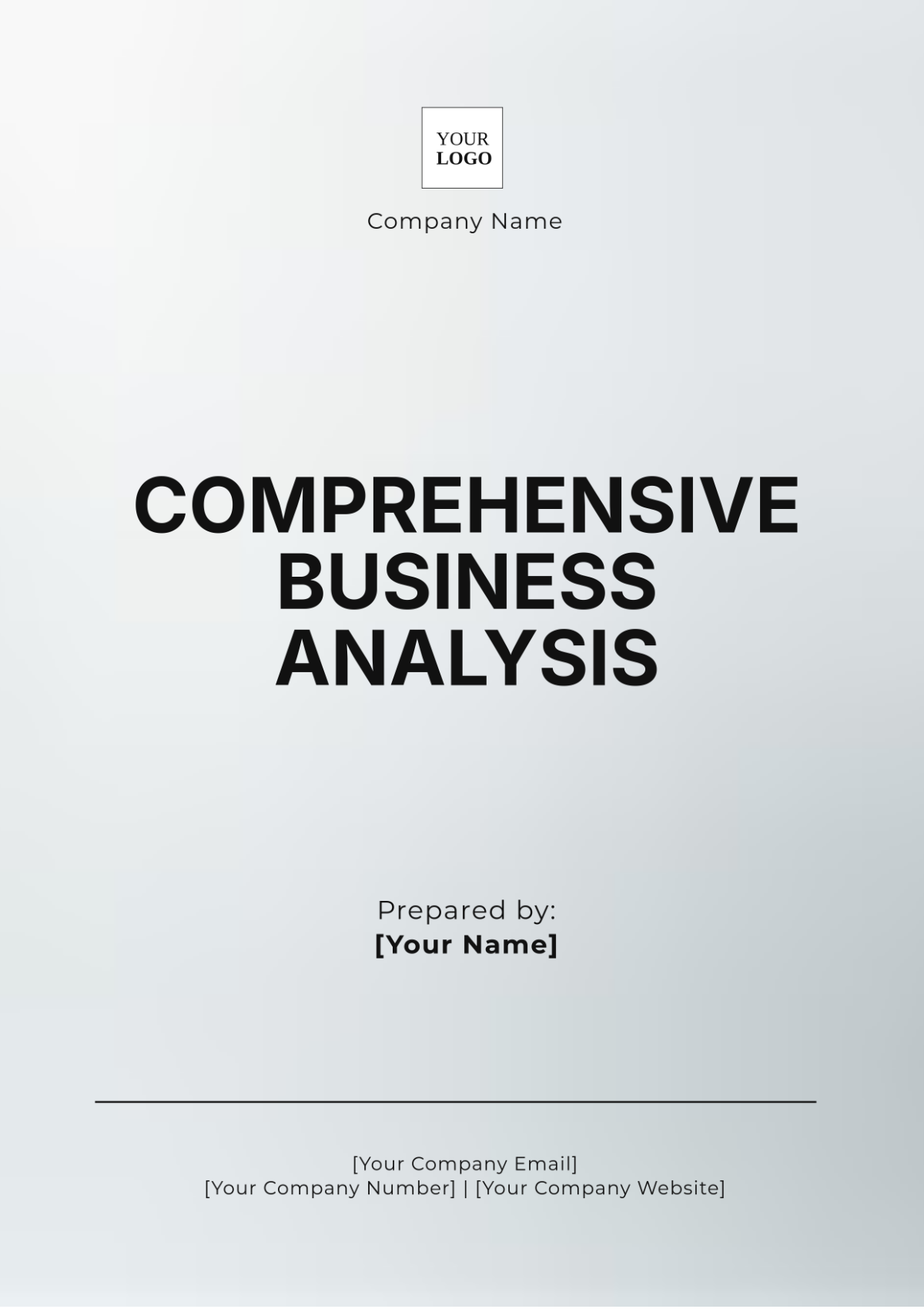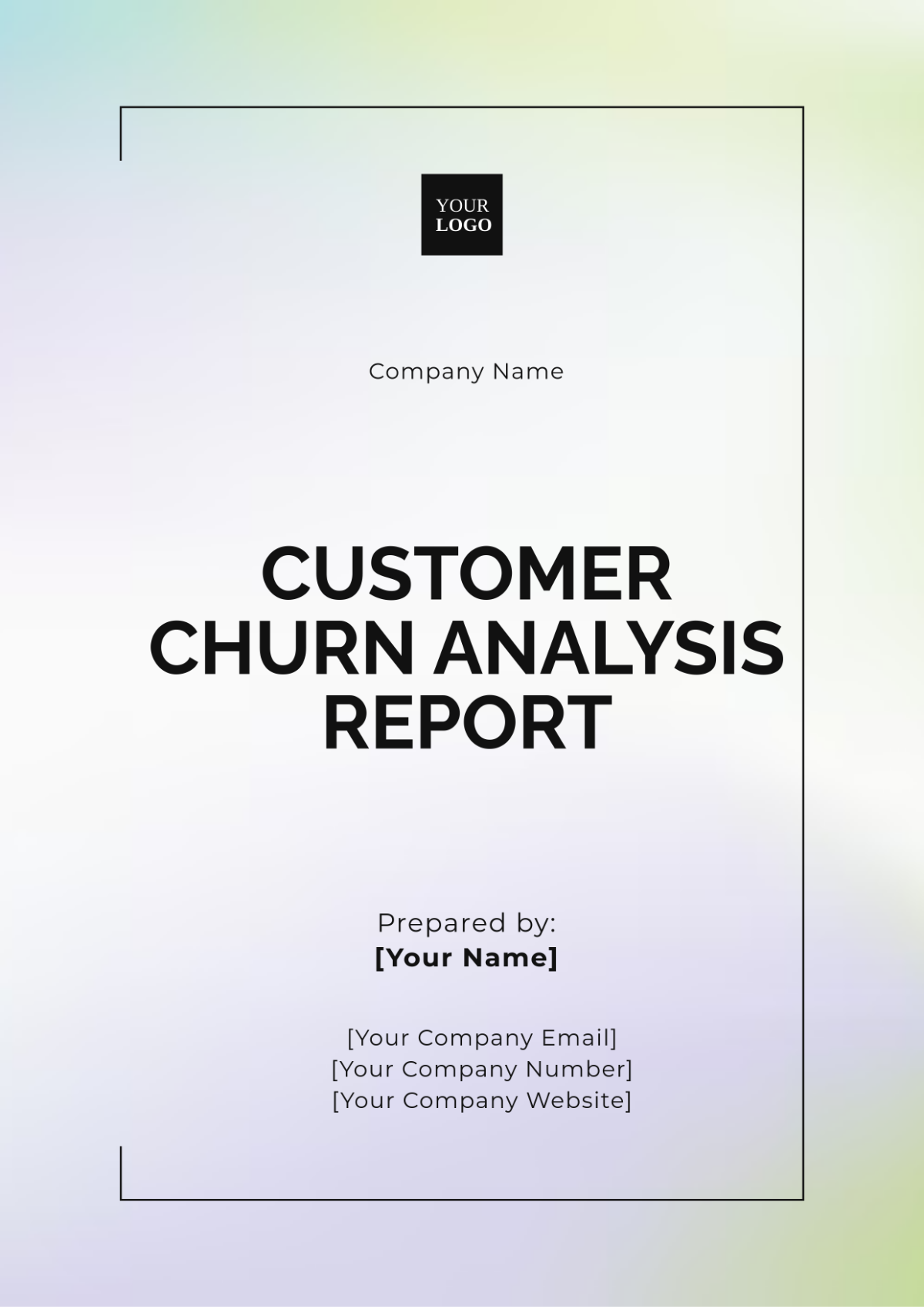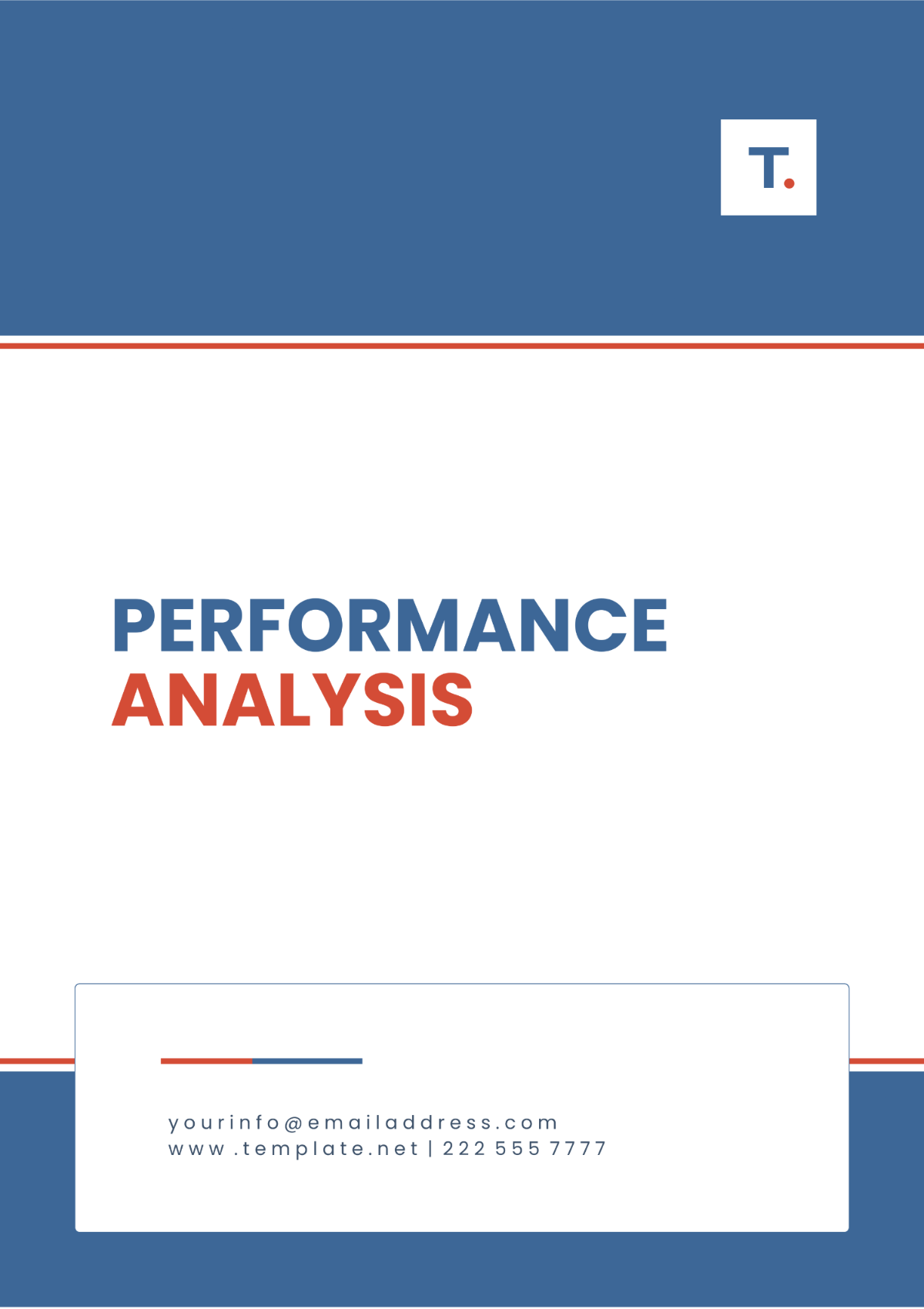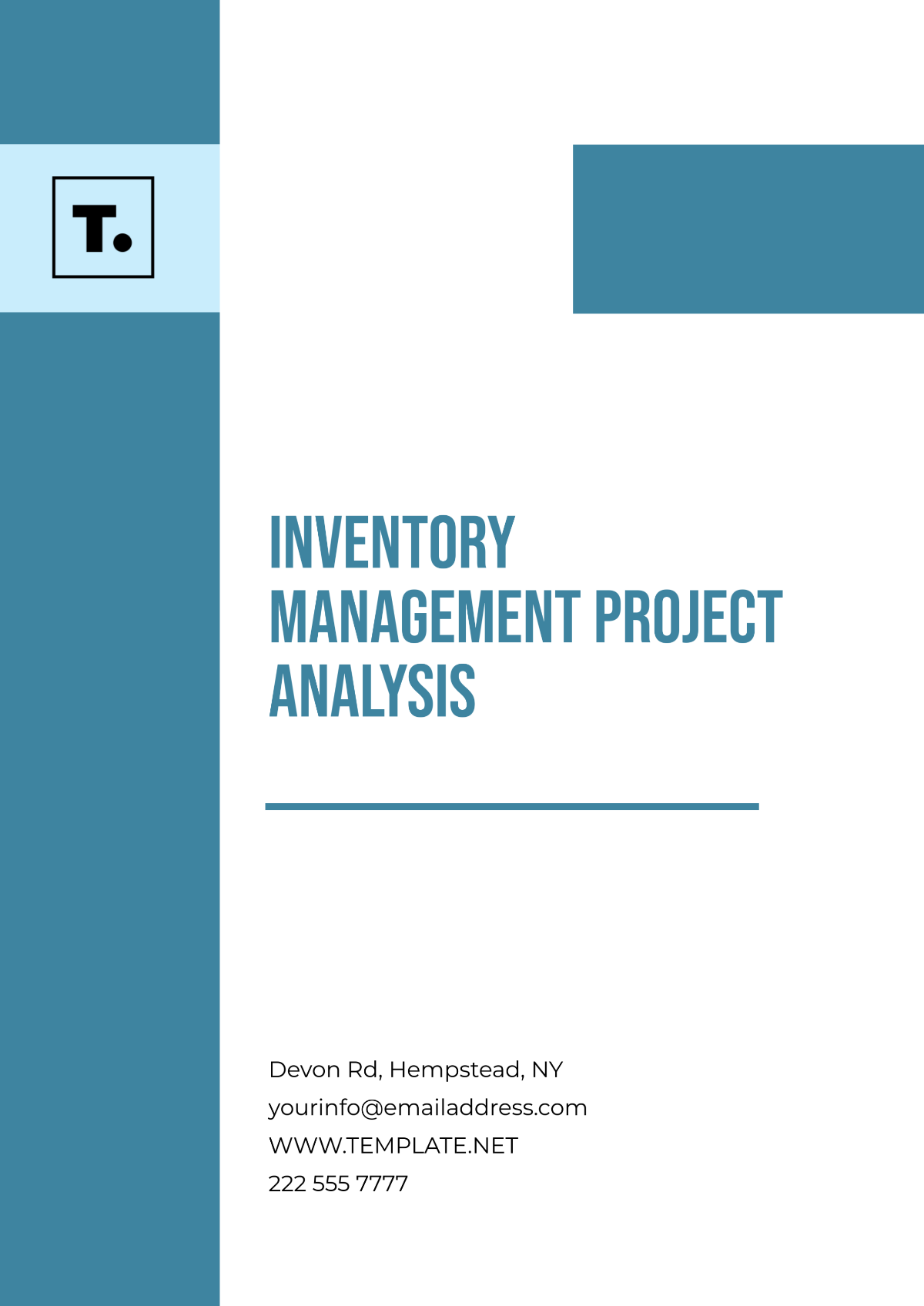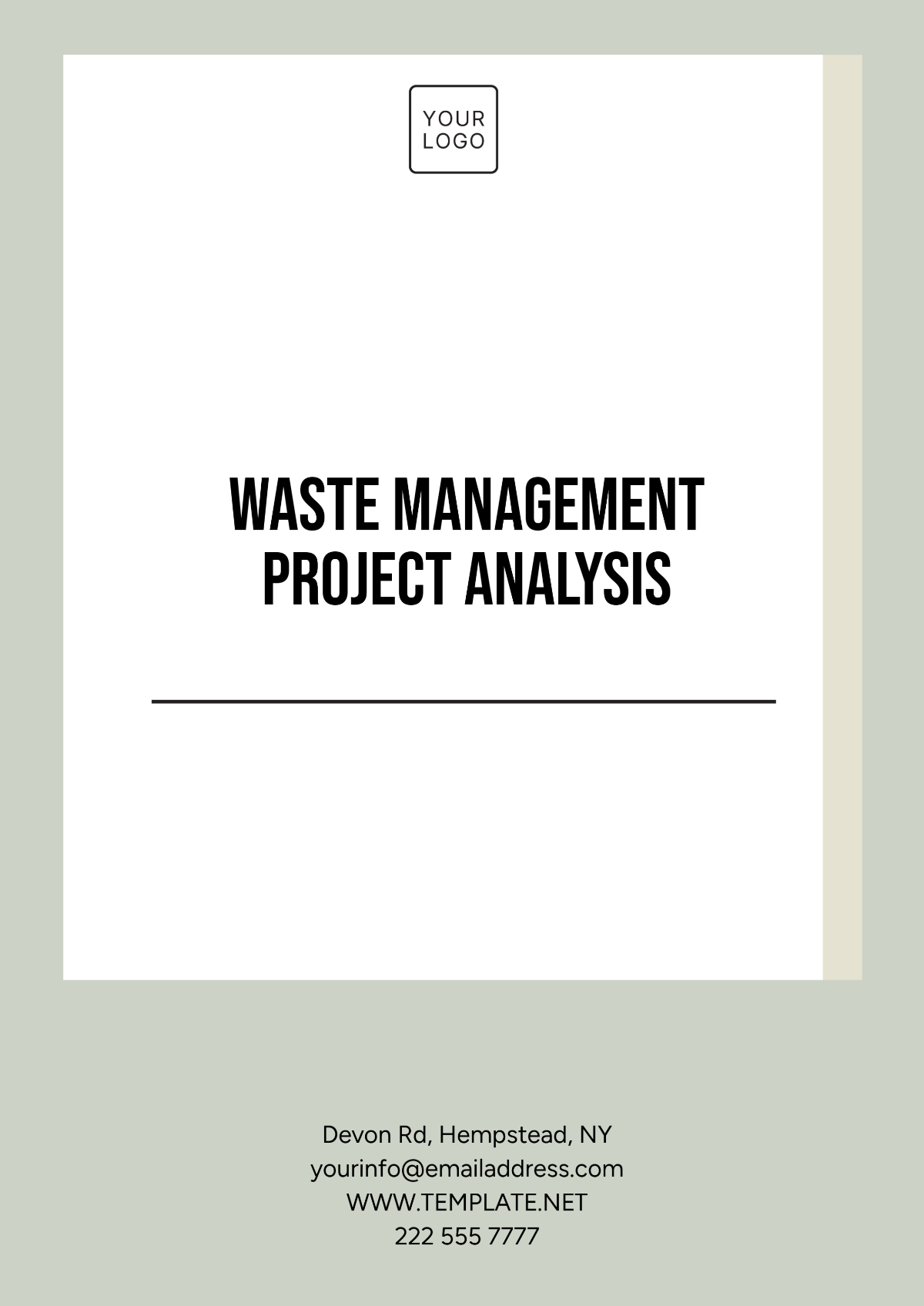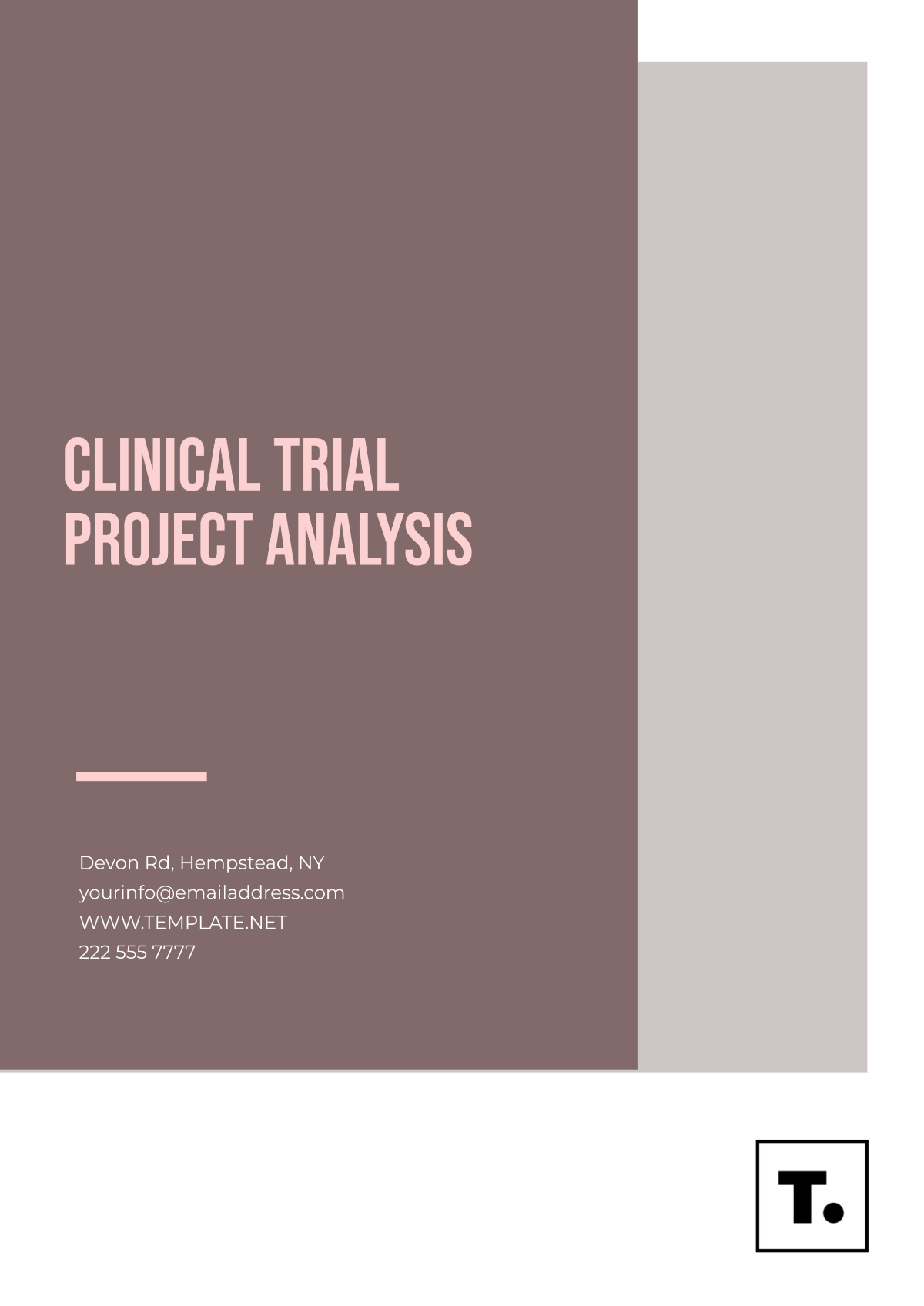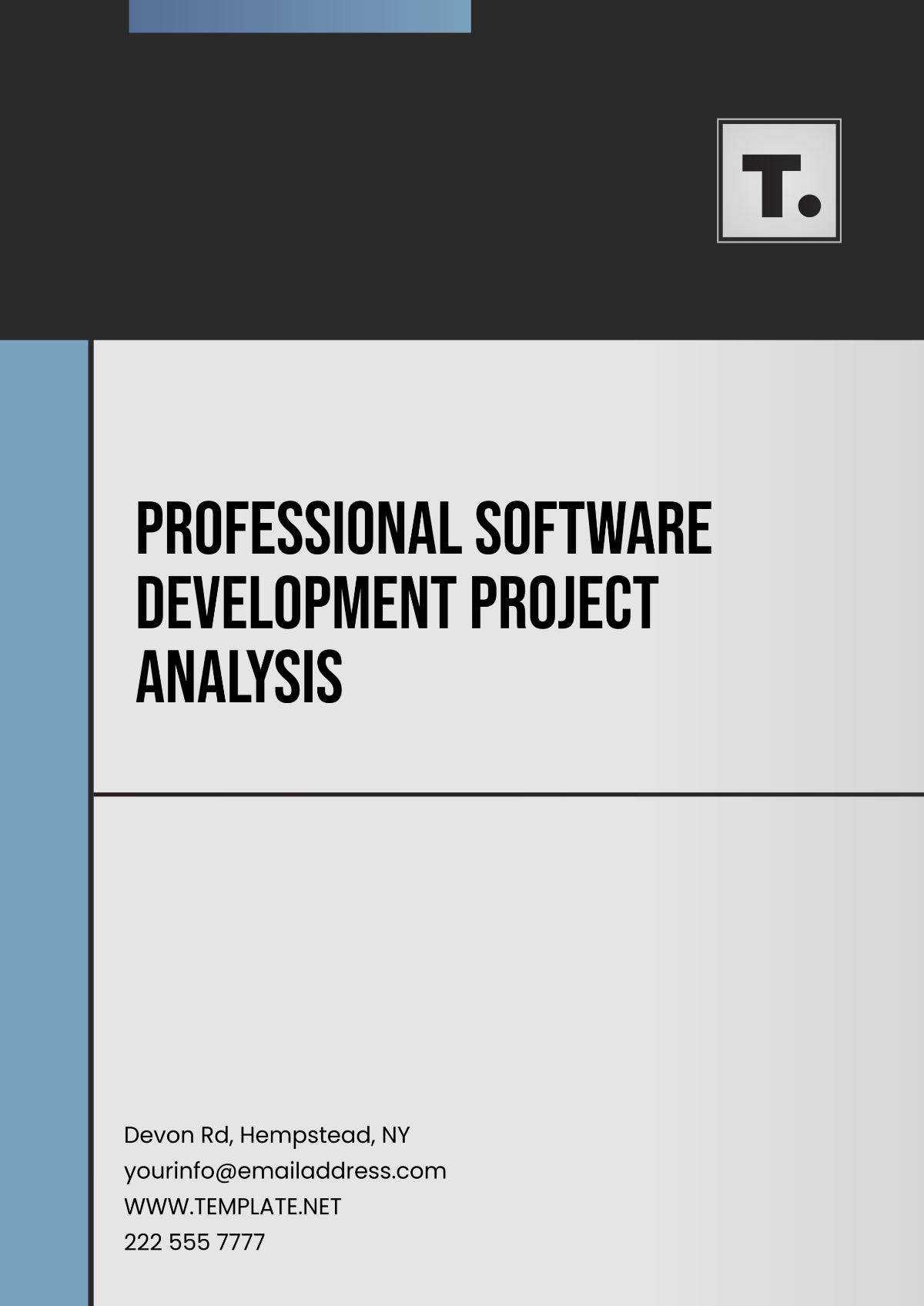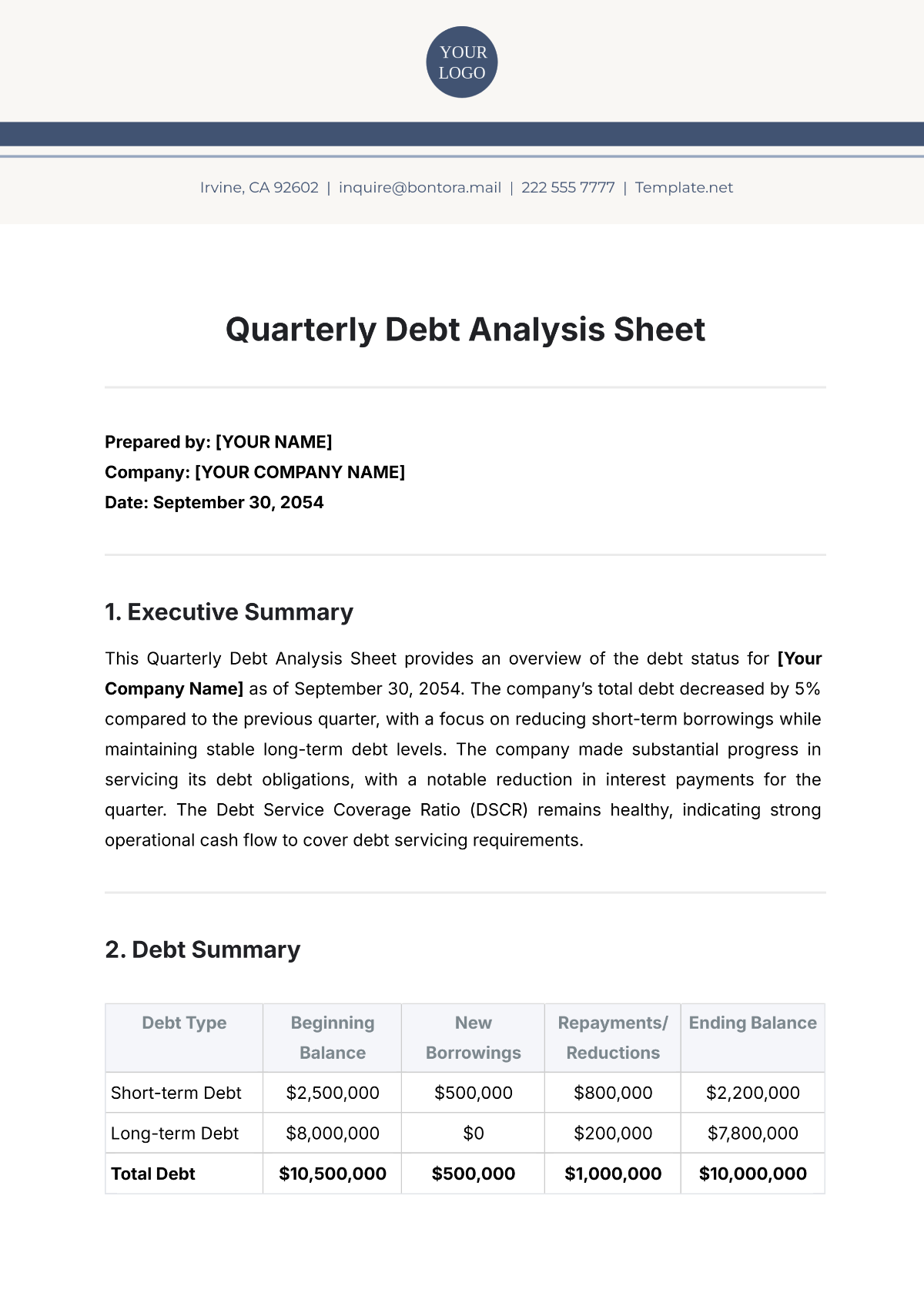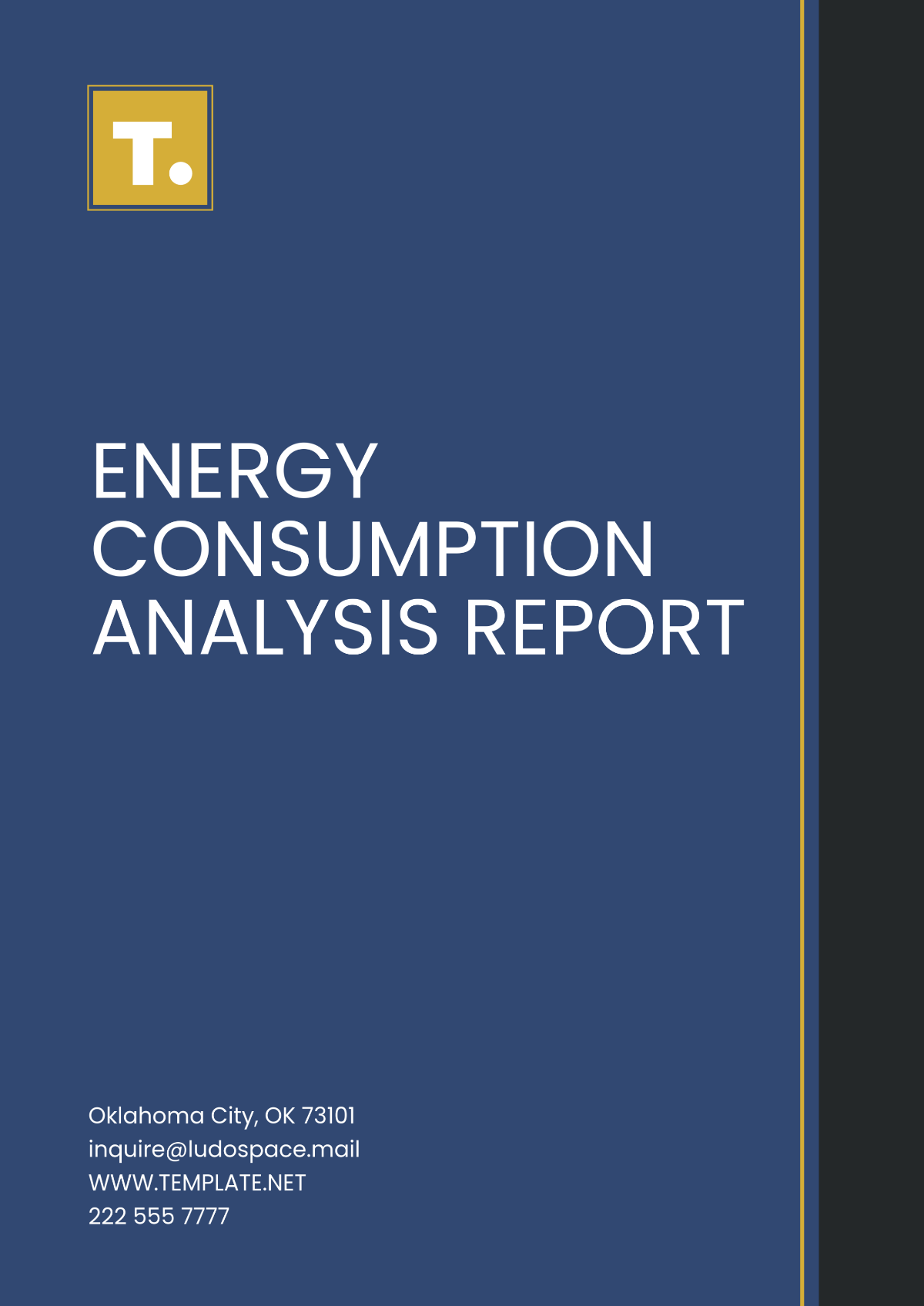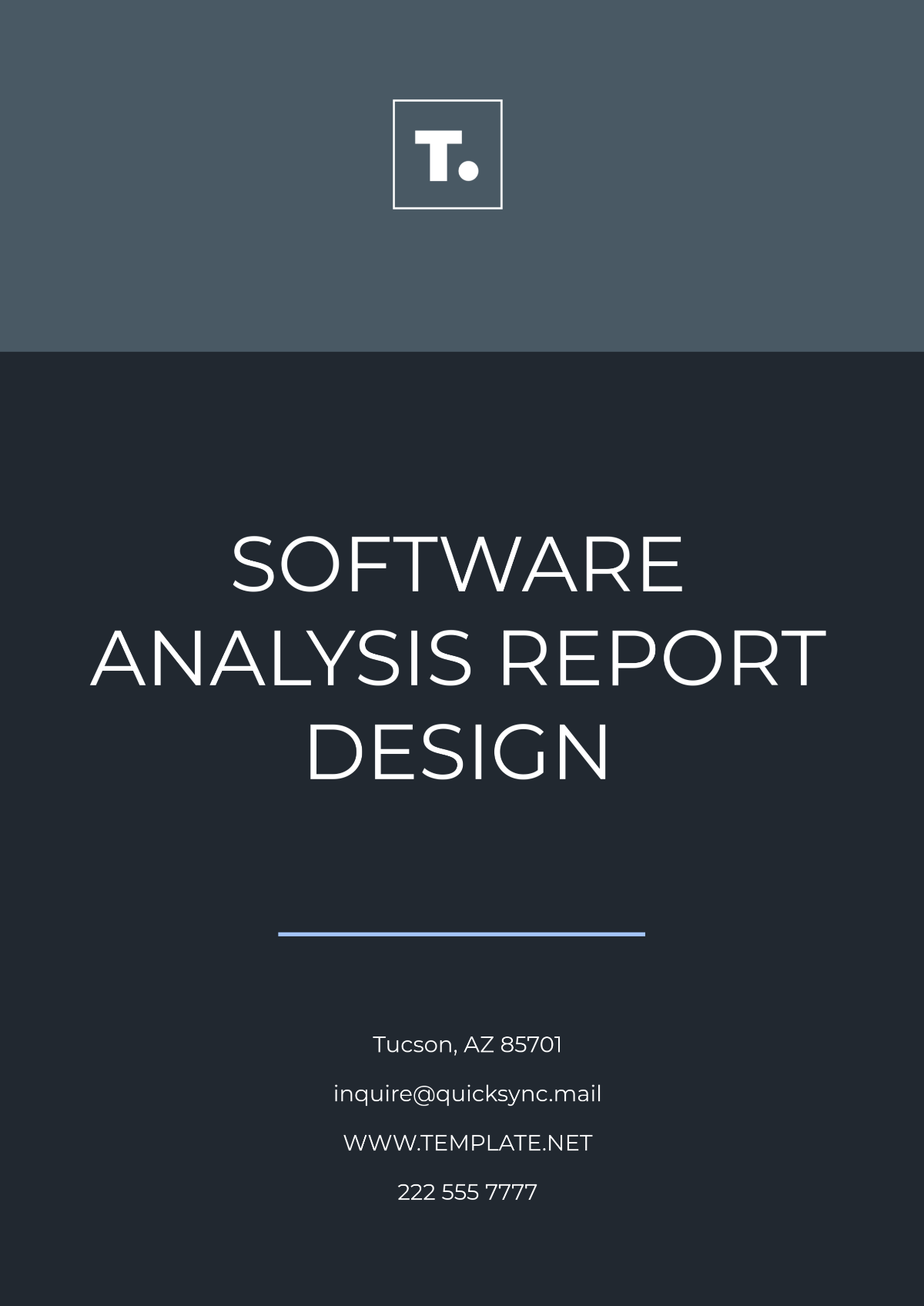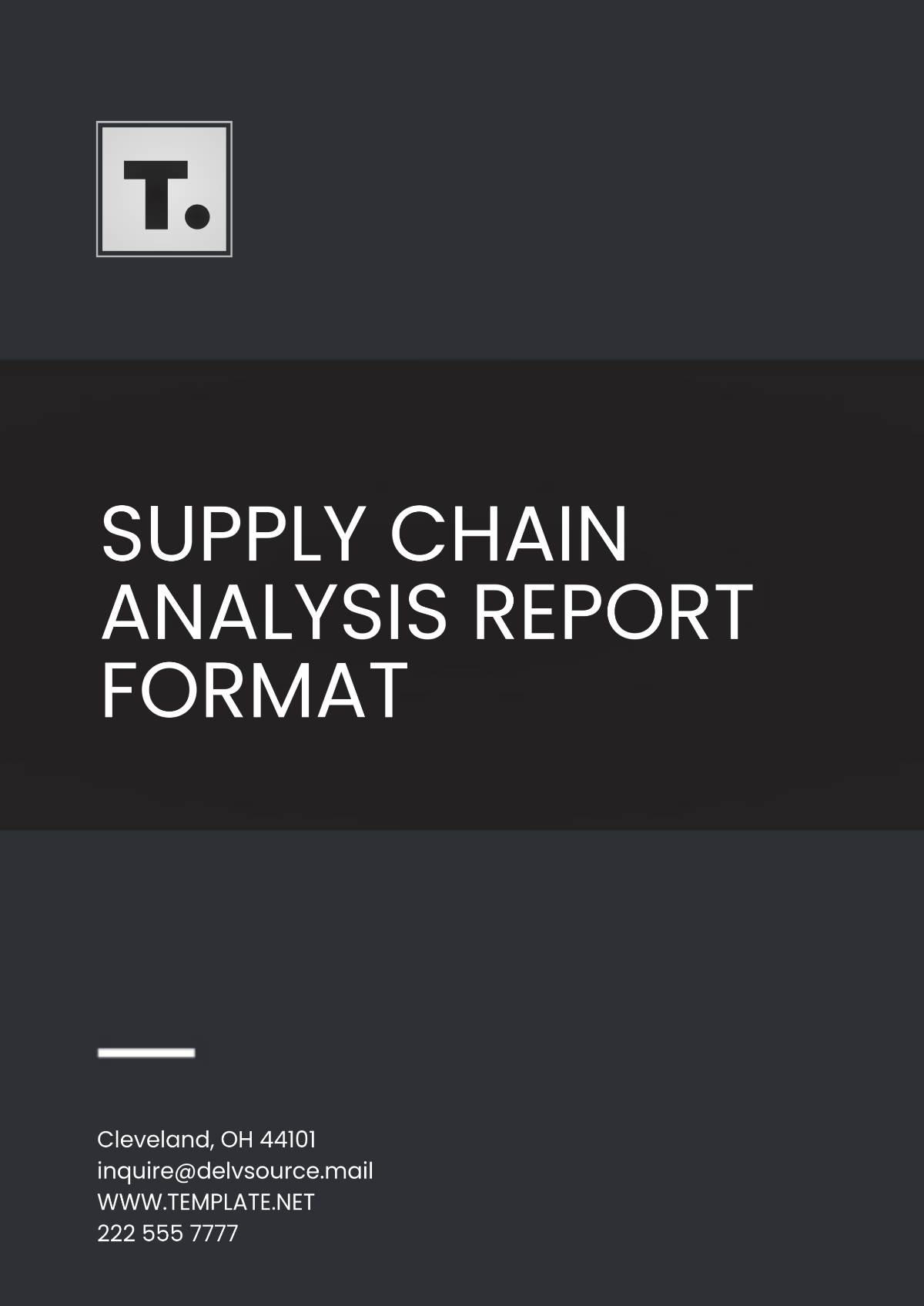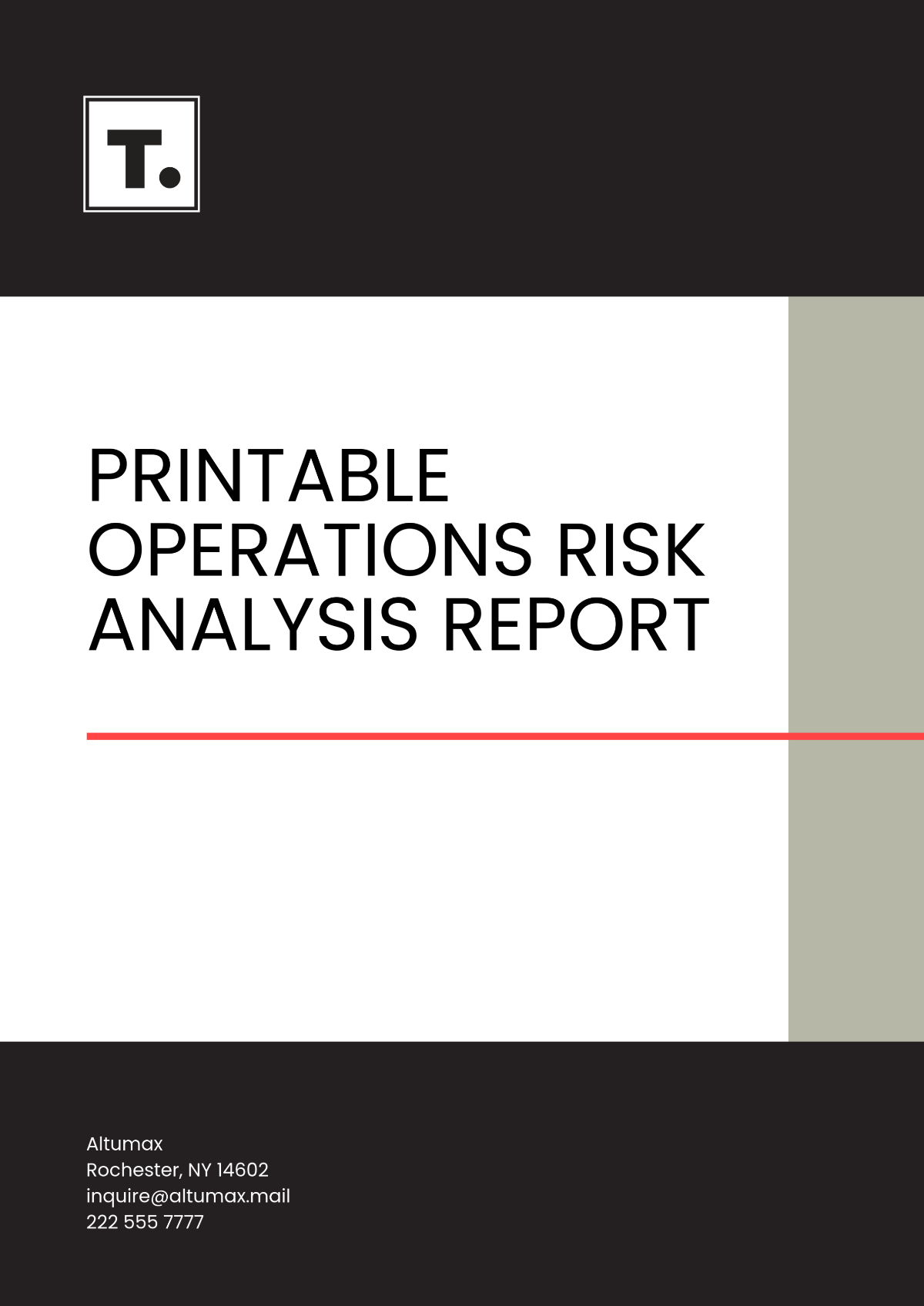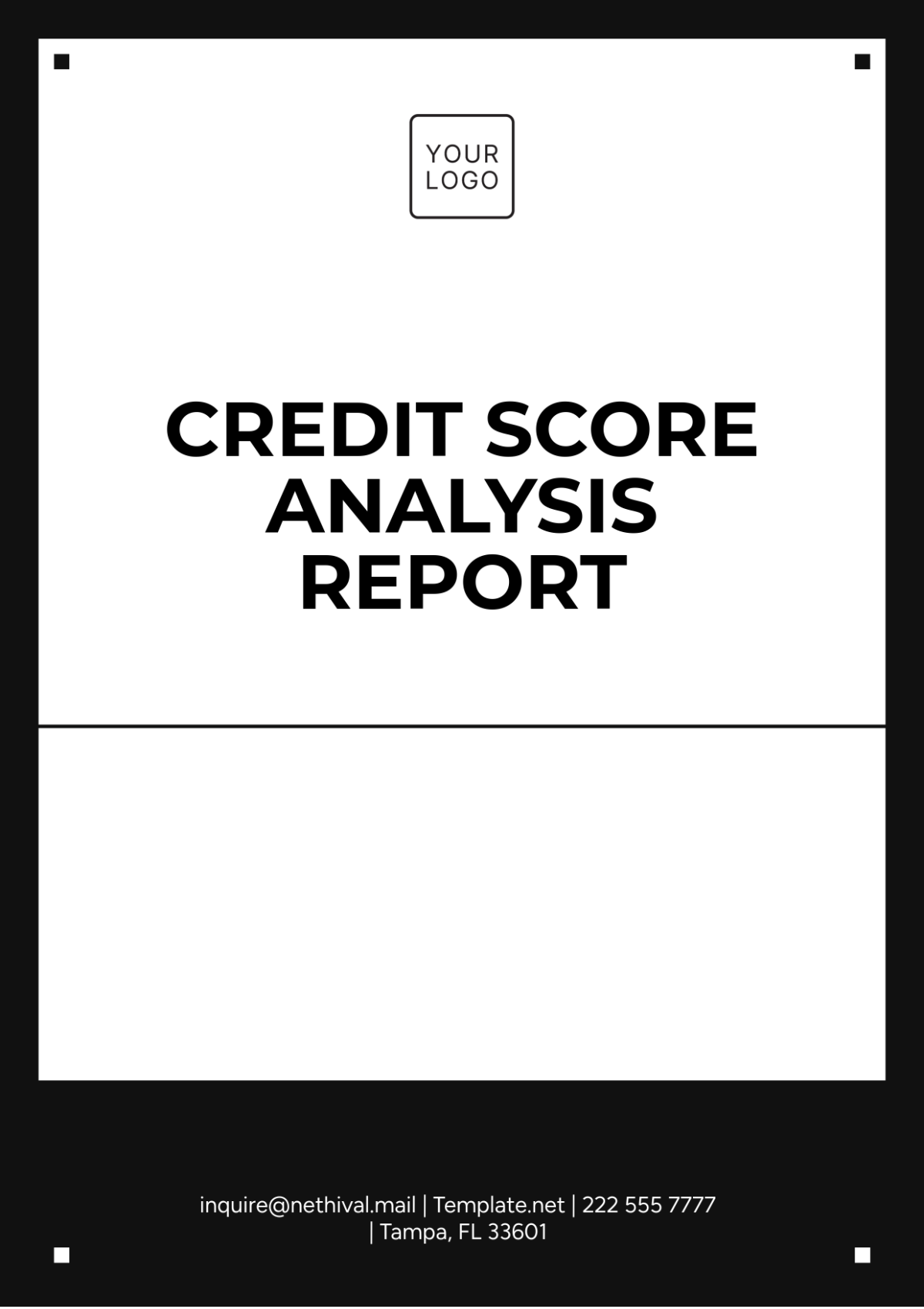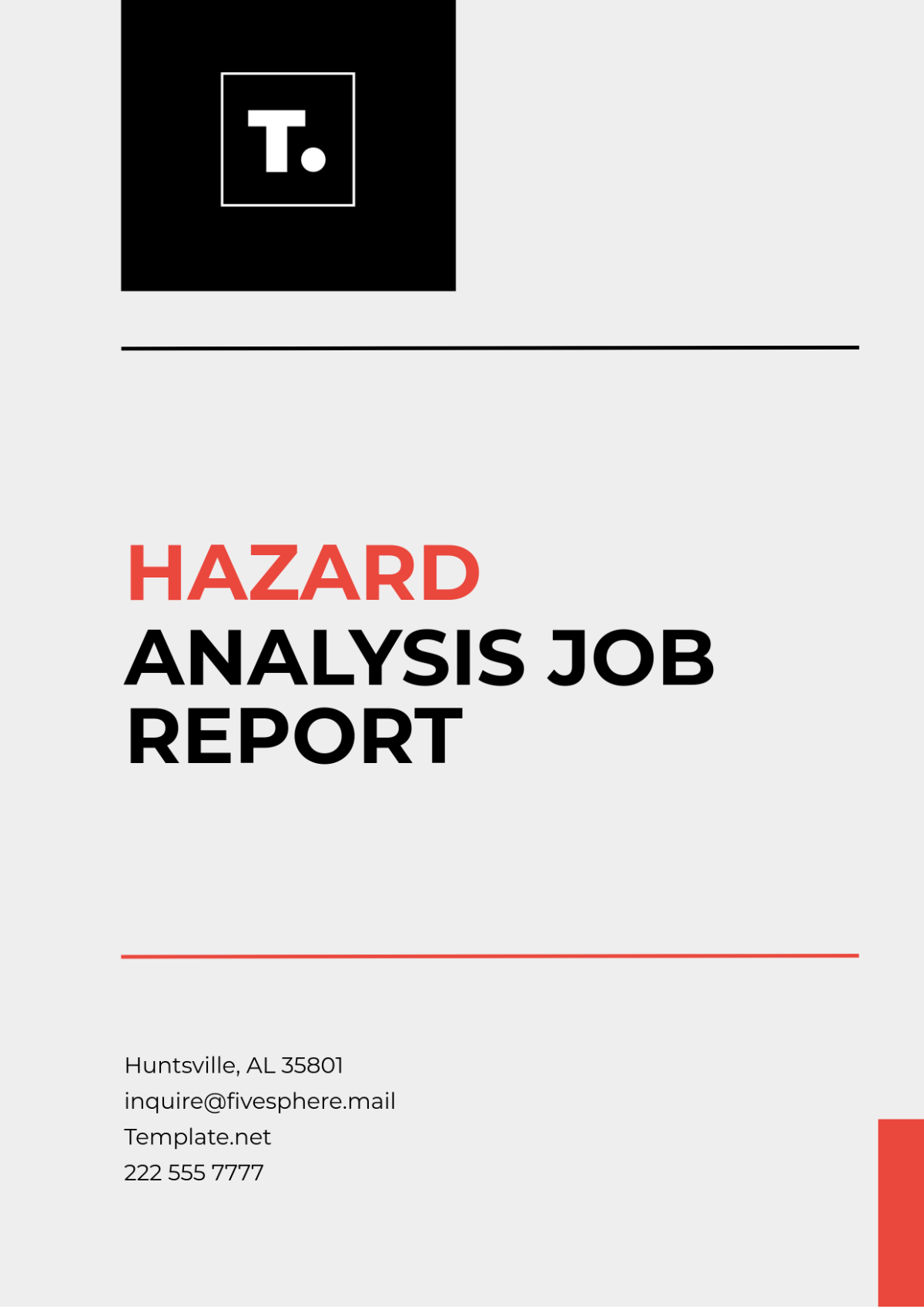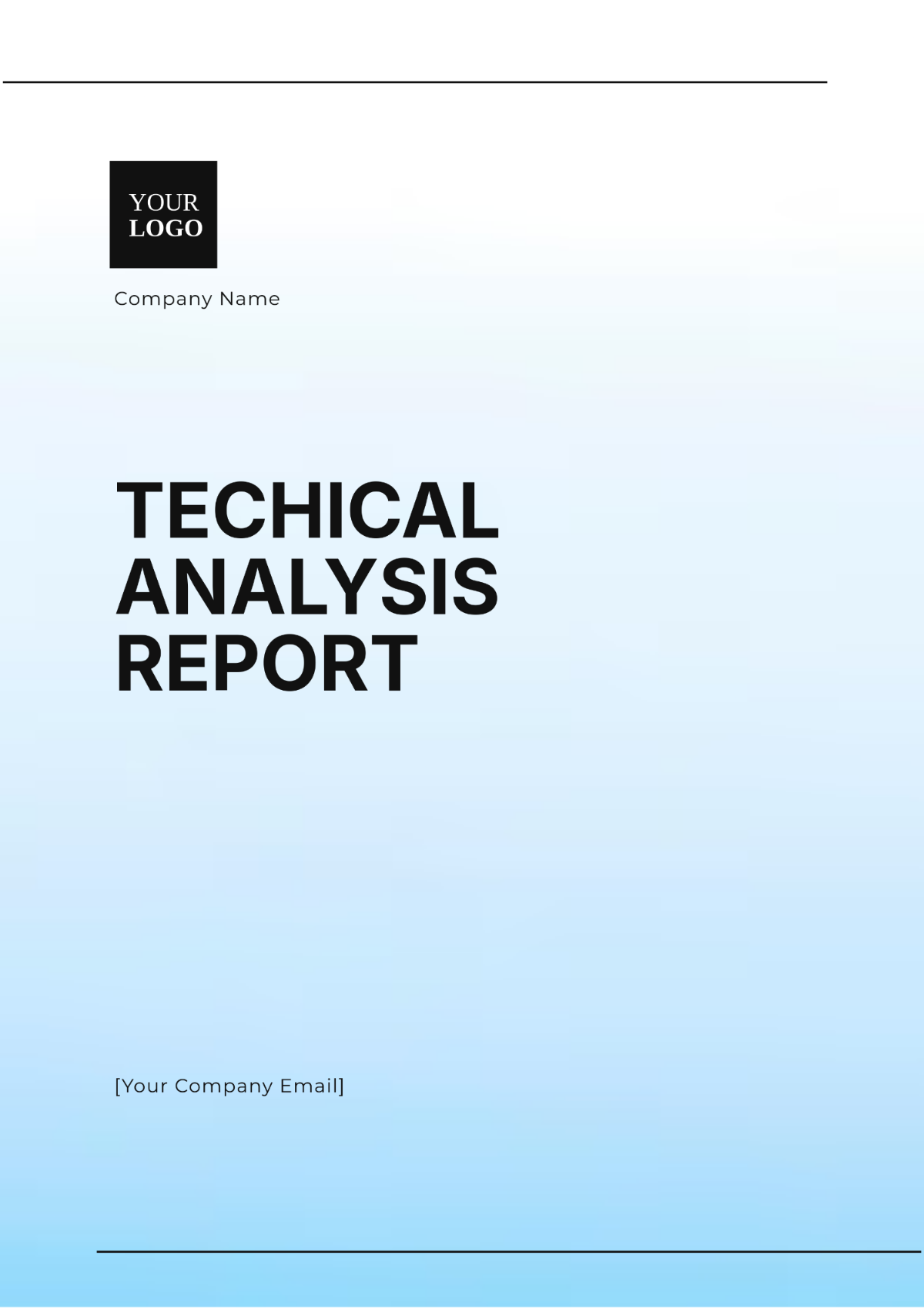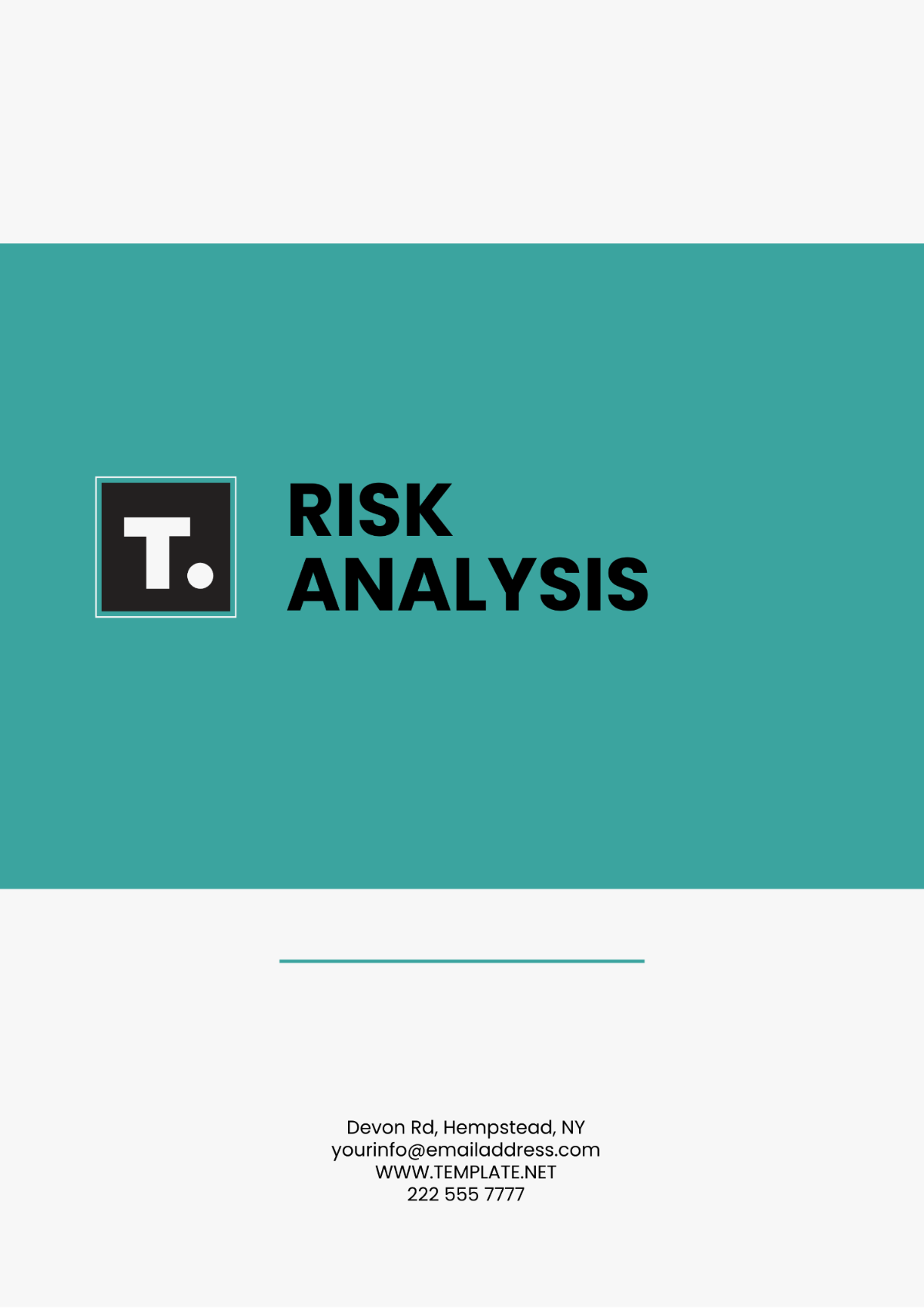Quotation Analysis
Prepared By : | [YOUR NAME] |
Company : | [YOUR COMPANY NAME] |
Department : | [YOUR DEPARTMENT] |
I. Introduction
This Quotation Analysis Report aims to identify and recommend the best supplier based on price, quality, delivery, and reliability, ensuring cost-effectiveness and compliance with organizational standards. It details the process of gathering quotes, assessing proposals, and making data-driven decisions to ensure transparent, fair, and strategic supplier selection, enhancing project success and organizational objectives.
II. Quotation Collection Process
A. Identification of Suppliers
Supplier Reputation
Industry Standing: Consider how well-known and respected the supplier is within your industry or relevant sectors. Look for awards, certifications, or recognitions.
Customer Reviews and Feedback: Check online platforms, and industry forums, or request references from other businesses who have worked with the supplier.
Ethical Practices: Assess the supplier's track record regarding ethical business practices, such as labor standards, environmental compliance, and social responsibility initiatives.
Financial Stability
Financial Statements: Request recent financial statements (balance sheet, income statement, cash flow statement) to evaluate the supplier's financial health.
Creditworthiness: Check credit reports or ratings from reputable agencies to gauge the supplier's ability to meet financial obligations.
Longevity and Growth: Consider the supplier's history in the market, growth trends, and stability in terms of key financial ratios (liquidity, solvency, profitability).
Previous Engagement History
Project Performance: Review past projects or contracts the supplier has completed, focusing on timeliness, quality of deliverables, and adherence to budget.
Client Satisfaction: Gather feedback from previous clients regarding communication, problem-solving, and overall satisfaction with the supplier's services or products.
Contractual Compliance: Assess the supplier's history of meeting contractual obligations, including legal and regulatory requirements.
B. Quotation Submission Guidelines
Deadline for Submission:
Deadline for submission: [Insert Deadline Date and Time]
Format and Required Documents:
Preferred Format: Quotations must be submitted in PDF format.
Required Documents: Suppliers must include the following documents:
Detailed pricing breakdown showing unit costs, quantity discounts, taxes, and any applicable fees.
Product specifications or technical details relevant to the project's requirements.
Warranty information outlining coverage, duration, and terms.
Certifications or quality assurance documents proving compliance with industry standards or specific project requirements.
Terms and conditions of sale or service, including payment terms, delivery terms, and any other contractual terms relevant to the procurement process.
Communication Protocol for Queries:
Contact Details: Supplier inquiries should be directed to [Contact Person] at [Insert Email Address] or [Insert Phone Number].
Preferred Communication Method: Suppliers are encouraged to submit queries via email for documentation purposes.
Response Timeframe: Queries will be addressed within 2 business days to ensure timely and equitable responses for all suppliers.
C. Quotation Details
Item Description | Quantity | Unit Price ($) | Total Price ($) | Taxes ($) |
|---|---|---|---|---|
Laptops | 50 | $800 | $40,000 | $2,000 |
Monitors | 100 | $200 | $20,000 | $1,000 |
Keyboards | 75 | $50 | $3,750 | $150 |
III. Quotation Evaluation Criteria
Detailed criteria used to evaluate each supplier’s quotation:
Criteria | Description | Weight |
|---|---|---|
Price | Total cost including any potential long-term costs. | 40% |
Quality | Compliance with the technical specifications and quality standards. | 30% |
Delivery | Delivery timeline and method. | 20% |
After-sales Service | Availability of customer support and warranty provisions. | 10% |
IV. Quotation Analysis
Price Quotes vs. Budget Estimates Comparison: Compare supplier prices to organizational budget benchmarks, noting significant deviations and analyzing causes like quality, brand recognition, or quantity discounts.
Quality Reviews from Samples or Past Purchases. Assess the quality of each supplier's products or services using sample items or past purchases, focusing on durability, performance, reliability, and compliance with specifications or standards.
Evaluating Delivery Terms Against Project Schedules: Assess suppliers' delivery terms and timelines to ensure compatibility with project schedules and milestones, taking into account lead times, shipping methods, delivery locations, and potential risks or delays.
Review of Service Terms and Vendor Reliability: Review the terms of service, warranty, and customer support options, assessing the vendor's reliability and responsiveness based on past feedback and client experiences for effective ongoing support and issue resolution.
V. Conclusion
After conducting a thorough evaluation and analysis of the collected data, the following conclusion has been reached:
Analysis Summary: The quotation analysis process has provided valuable insights into various aspects of supplier proposals, including pricing, quality, delivery terms, and service reliability.
Key Findings: Conducted a detailed evaluation of each supplier, identifying their strengths and weaknesses based on specific, predetermined criteria.
Budget Alignment: Conducted a thorough review to ensure the alignment between the quoted prices and the budget estimations, as well as the compatibility of these prices with the overarching financial goals of the organization.
Risk Identification: Identified and analyzed potential risks associated with the selection of suppliers and the decisions made during the procurement process.
VI. Recommendation
Based on the conclusions drawn from the analysis, the recommended supplier for the project is [Supplier Name]. The justification for this selection is as follows:
Supplier Selection Justifications:
Cost-Effectiveness: [Supplier Name] offers competitive pricing that aligns closely with budget estimations, providing cost savings opportunities.
Quality Assurance: Based on sample products or previous purchases, [Supplier Name] demonstrates superior quality standards and product/service delivery reliability.
Timeliness and Service: The proposed delivery terms and after-sales service provisions from [Supplier Name] align well with project timelines and organizational requirements.
Potential Risks and Mitigation Strategies:
Supply Chain Risks: Identify potential risks such as supply chain disruptions, quality control issues, or delivery delays.
Mitigation Strategies: Implement contingency plans, establish clear communication channels, and maintain supplier relationships to mitigate risks effectively.


